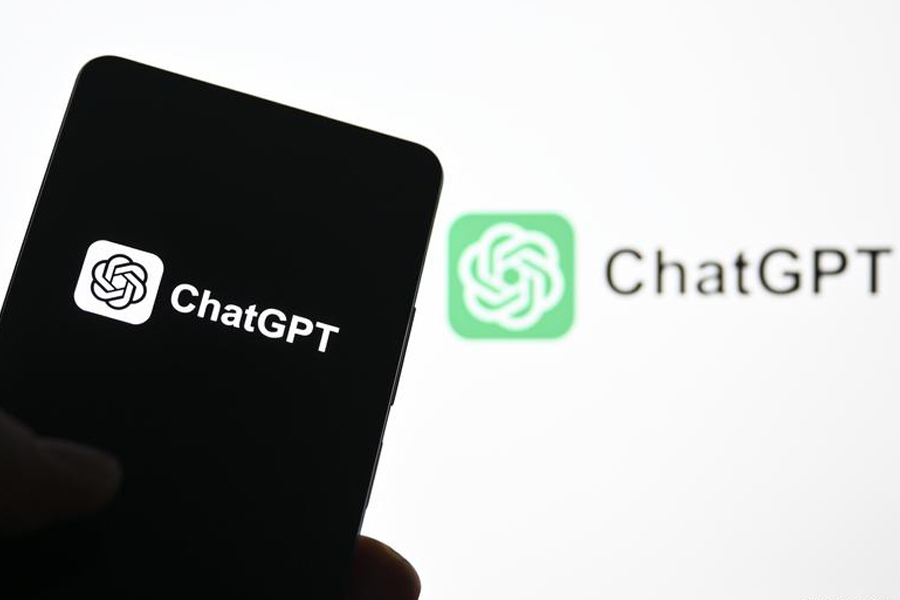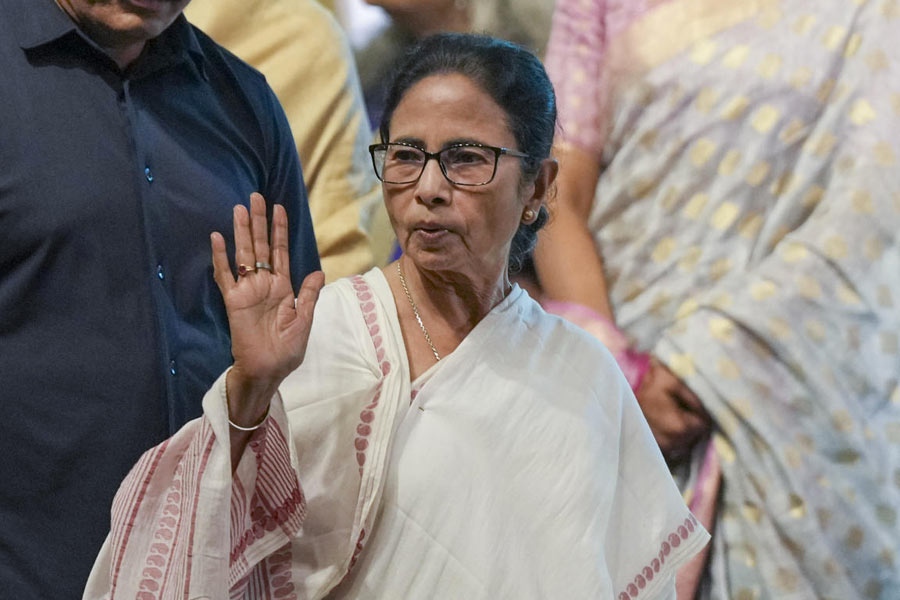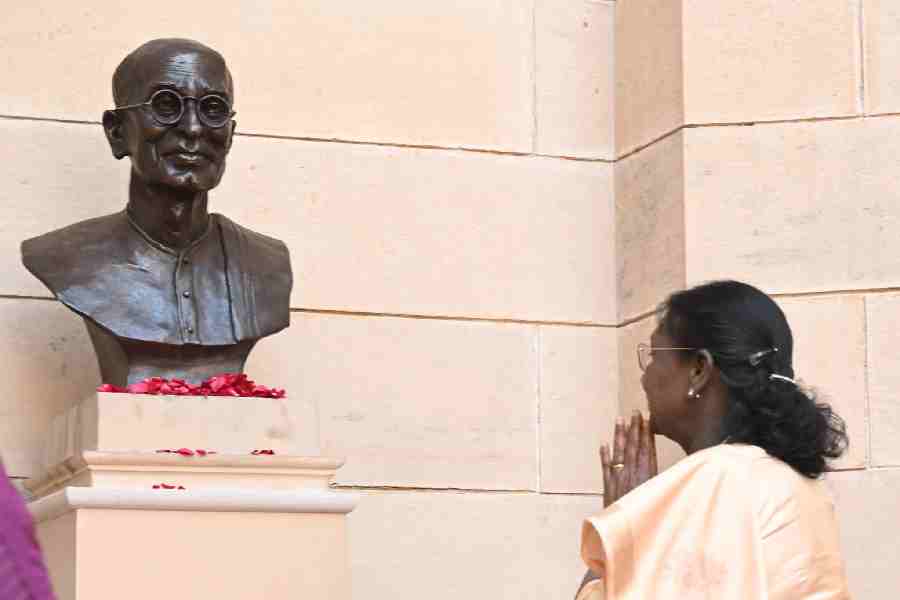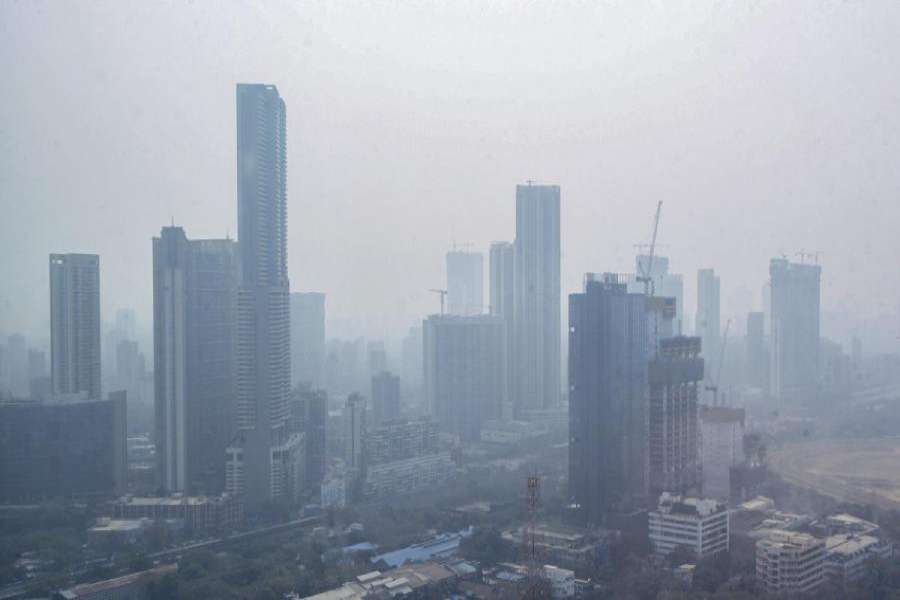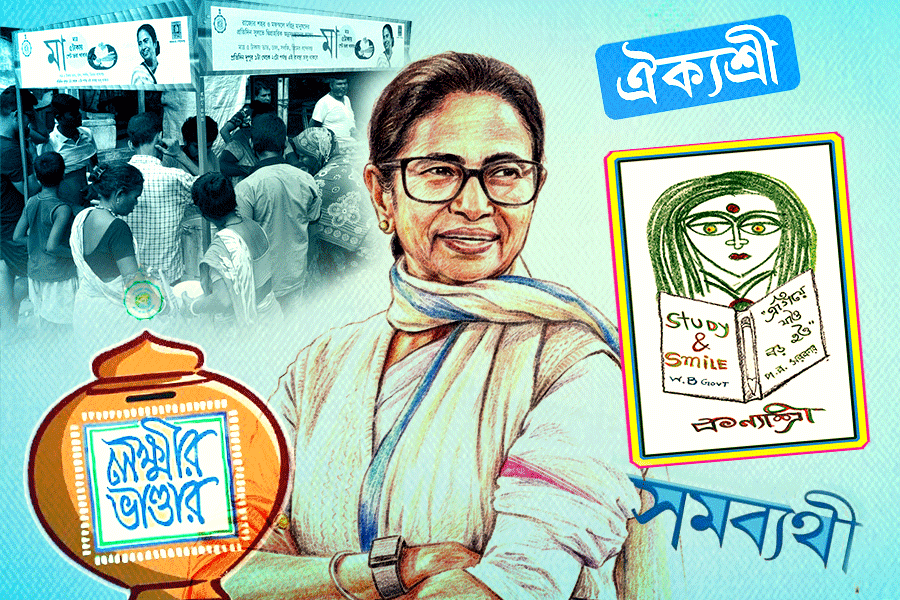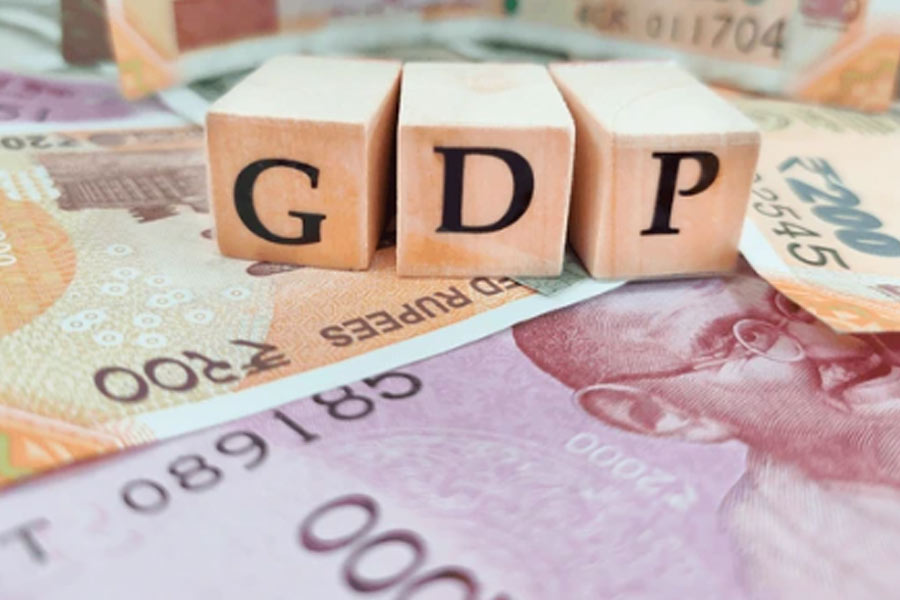ChatGPT, the popular chatbot from OpenAI, is being used in unusual ways, from creating images, designing websites and even for “personal conversations”.
According to new data, it became the world’s most downloaded app in March, ahead of Instagram and TikTok.
The chatbot’s installs jumped 28 per cent from February to March to reach 46 million new downloads during March, according to app intelligence provider Appfigures. The analytics company said of the 46 million downloads, 13 million happened on iOS and 33 million on Android.
Last month, OpenAI submitted its proposal to the US government, highlighting the need for speed in AI advancement and fewer impediments from regulators.
On his first day in office, US President Donald Trump signed an executive order to roll back safety testing rules for AI used by the government. A couple of days later, he signed another order to help create policy to “sustain and enhance America’s global AI dominance”.
OpenAI’s user base is on the upswing. The San Francisco-based tech company had 400 million weekly active users as of February, up 33 per cent from 300 million in December, the company’s chief operating officer, Brad Lightcap has told CNBC.
Further, ChatGPT has added 4.5 million paying subscribers since the end of last year, according to The Information. It means 20 million subscribers could be paying for the service. The company is also witnessing a substantial growth in enterprise business.
The growth is taking place as Trump’s tariffs are roiling the tech industry. The question on the minds of AI startups is whether GPUs — graphics processing units are integral to AI computing — are exempted from Donald Trump’s tariffs.
The Trump administration has made an exception for the semiconductor chips at the heart of a GPU, but complete electronic products containing chips will apparently be subject to tariffs. Companies that need GPUs for machine learning and deep learning require the chip and the machine built around it.

